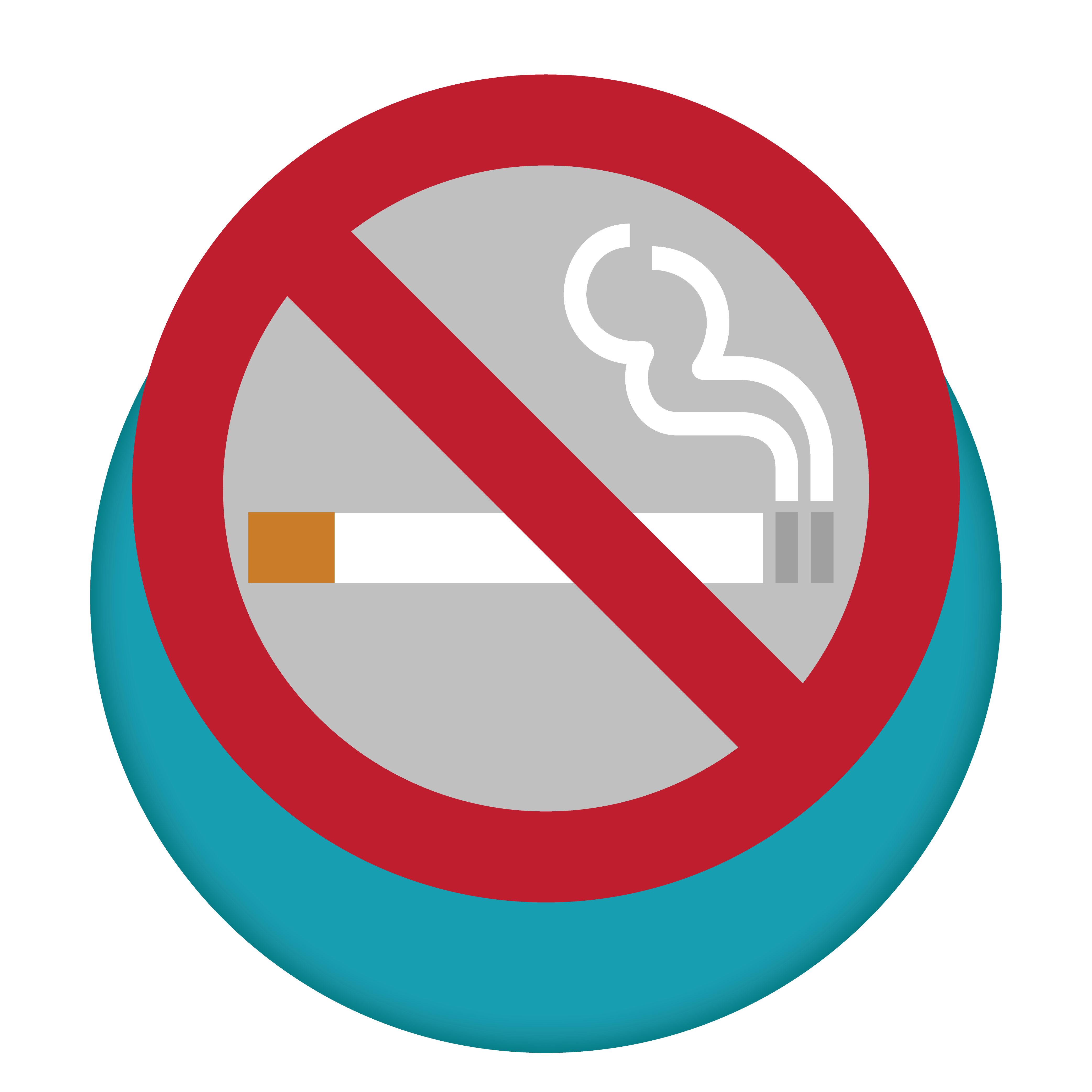Stop Smoking
 For smokers, kicking the habit is one of the best ways
to improve your health and reduce risk for heart disease, cancer and other conditions. Quitting might make sense, but it isn’t easy. You can find support here, whether you’re just thinking about quitting or have been smoke-free for
years.
For smokers, kicking the habit is one of the best ways
to improve your health and reduce risk for heart disease, cancer and other conditions. Quitting might make sense, but it isn’t easy. You can find support here, whether you’re just thinking about quitting or have been smoke-free for
years.
You'll find information on the benefits of quitting smoking, nicotine replacement therapy, and the physical and mental effects that quitting can have on our bodies.
What's at Stake
When it comes to heart and vascular health:
- Smoking causes one of every three deaths from cardiovascular disease, according to the 2014 Surgeon General's Report on smoking and health.
- It harms nearly every organ in the body and delays healing. In fact, many surgeons now require patients to go 30 days without smoking before they will perform major surgeries due to the risk of poor healing and infection.
- The damage smoking causes sets the path for hardening and narrowing of the arteries, called atherosclerosis, and peripheral vascular disease (a disease in the vessels that supply blood to the arms and legs).
- Any amount of smoking, even light smoking or occasional smoking, damages the heart and blood vessels.
Secondhand Smoke
Avoid secondhand smoke or protect your loved ones from it if you smoke. Contact with secondhand smoke, also called environmental tobacco smoke, from burning tobacco or the smoke breathed out from a smoker is also harmful.
Breathing in someone else's exhaled smoke lowers HDL or "good" cholesterol, raises blood pressure and can damage the heart tissue. It also increases the risk of heart attack, stroke and death. Among nonsmokers, secondhand smoke increases the risk for developing heart disease or stroke by up to 30%. More than 34,000 nonsmokers die every year in the U.S. from coronary heart disease caused by secondhand smoke, according to the Centers for Disease Control and Prevention (CDC).
The data are are so compelling that many workplaces have instituted smoking bans, and research shows a parallel drop in heart attacks, hospital visits for cardiac problems and, in some states, deaths.
- Last Edited 01/31/2017

